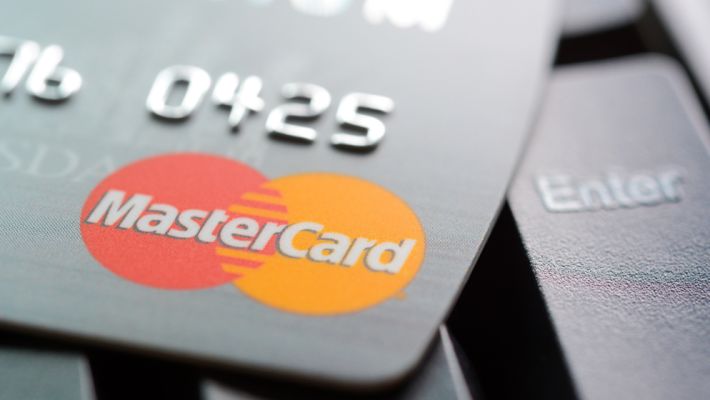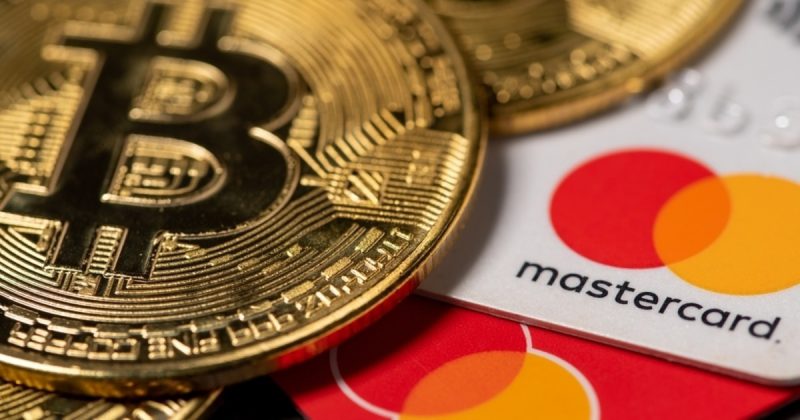In a recent interview, Mastercard Europe’s crypto head, Christian Rau, stated that he views crypto as a payment technology, and not a revolution. Rau says that the platform is integrating cryptocurrencies as a payment option, and does not intend it to be a disruption. Rau highlighted that Mastercard processes 5,000 transactions per second. However, he cautioned that speed is not the only goal. He stated, “It’s the entire ecosystem around it (anti-fraud, compliance, recourse) that gives value to our network.“
Will Mastercard’s Crypto Bet Pay Off?


The popularity of cryptocurrencies has skyrocketed over the last few years. The industry was once shunned by mainstream finance. Today, some of the world’s largest asset managers have opened their doors to the budding industry. Many anticipate the crypto adoption curve to further take off over the coming years.
Mastercard’s crypto integration aligns with a global shift. More and more clients want exposure to cryptocurrency-based assets. Jamie Dimon, the CEO of JPMorgan Chase, despite not being a fan of crypto, has accepted that the demand for crypto assets must be met.
Despite the growing desire for crypto, the Mastercard executive has emphasized the need for regulatory compliance and anti-fraud ecosystems. He highlighted that Mastercard’s cautious approach may counterbalance the unregulated enthusiasm.
New Heights For The Digital Asset Arena With Stablecoins?
Stablecoins and other fiat currency-pegged cryptocurrencies have surprisingly become one of the most desired uses for blockchain technology. Rau stated, “We consider them as a settlement technology. They can improve cross-border payments or reduce exchange rate risks. But they do not replace the services we provide, such as protection in case of disputes.“
Also Read: US Stablecoin Laws Push EU To Speed Up Digital Euro
The stablecoin market is another facet of the cryptocurrency industry that many did not anticipate to surge in the way it has. The passing of the GENIUS Act in the US has brought more regulatory clarity to the stablecoin arena. Banks and fintech companies will likely see more openness to stablecoins in the coming months.





